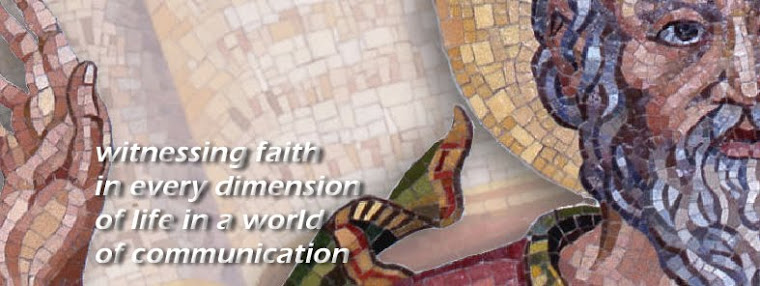“We are all missionaries and together we can make a difference.”
Vatican City (Agenzia Fides) - As Catholics, we have a wonderful responsibility, by reason of our baptism, to bring about change for the good in our world. But in order to do that, we need to become aware of the necessity to bring about change, first of all in ourselves, and then in our local parish communities. This is what we are asked to do this by the Holy Father, because people today, either consciously or unconsciously wish for change and they also want “to see Jesus”.
This is part of the central theme of the message: “Building Ecclesial Communion is the key to Mission” for the celebration of World Mission Sunday on the 24th of October. It encourages all of us at diocesan and parish level as well as the Institutes of Consecrated Life, Ecclesial Movements, and the entire People of God, to renew our commitment to proclaim the Gospel and give pastoral activity a greater missionary character.
The Holy Father says that each one of us should enrich our lives by an ever-greater awareness of God’s unconditional love for us and its experience, which transforms our lives. Then through us, our ever more divided societies can be changed into an ecclesial communion. We do this by our own active and creative support within the community and by inviting others, so that together we may promote “a new humanism, founded on Jesus’ Gospel”. “He Himself tells us: “He who loves me will be loved by my Father, and I will love him and manifest myself to him” (Jn 14:21). “It is only from this encounter with the Love of God that transforms our existence, that we can live in communion with Him and among ourselves and offer our brethren a credible testimony, giving reason for our hope (cf. 1 Pet 3:15)”.
Today people are searching for something different in the everyday confusion of our world and many of them want to “see Jesus”. As a Christian community we can, and should, give them witness of our hope, “but that cannot be fulfilled in a credible manner without a profound personal, communal, and pastoral conversion”. The messages goes on to thank missionaries for their witness and asks all of us to help to bring about an “integral renewal and to an ever greater openness to missionary cooperation among the Churches, to promote the proclamation of the Gospel in the heart of every person, every people, culture, race, nationality, in every place.”
As Secretary General of the Propagation of the Faith, I am privileged to promote this Mission Sunday of the Holy Father and I would like to thank everybody who is cooperating, with our National and Diocesan Directors, in the successful realization of our special Mission Solidarity Collection to be taken up on that day. As I travel through Zambia on this missionary month of October, I can see at first hand how our missionaries, who do great work, are grateful, and I can see how poorer local churches need our help. Together we are Church and we are missionary by reason of our baptism; we are all missionaries and together we can make a difference.
Know that your kindness, generosity and prayers truly make a difference and it is greatly appreciate as I can see here in Zambia how the money you gave last year has been put to good use. Our Local Churches throughout the world could not survive without your support. So let us, “in spite of our economic difficulties” give generously on this Mission Sunday and may we continue, as one family in mission, to achieve by “prayer, meditation on the Word of God, and study of the truths of the faith” an ever-greater awareness of God’s unconditional love for all of us as brothers and sisters. Fr. Timothy Lehane Barrett, SVD, Secretary General of the Propagation of the Faith (Agenzia Fides 20/10/2010)





